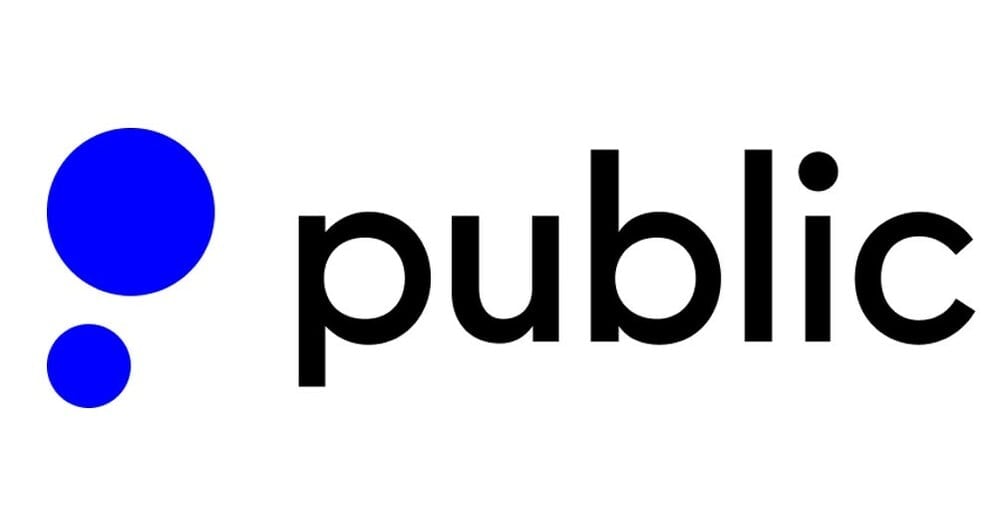Does “Sell in May and Go Away” Work?

You’ve probably heard of the “summer slump” before — the loss of productivity caused by warm, beautiful weather.
Teachers report that students often forget much of their coursework over summer vacation, and some managers say that employees become less reliable during the warm months, too.
Some people say the stock market also experiences a summer slump, an effect known as “sell in May and go away.”
 Charles Schwab |
 Robinhood |
 Public |
|---|---|---|
|
NerdWallet rating
NerdWallet’s ratings are determined by our editorial team. The scoring formula for online brokers and robo-advisors takes into account over 15 factors, including account fees and minimums, investment choices, customer support and mobile app capabilities.
4.9 /5 |
NerdWallet rating
NerdWallet’s ratings are determined by our editorial team. The scoring formula for online brokers and robo-advisors takes into account over 15 factors, including account fees and minimums, investment choices, customer support and mobile app capabilities.
4.3 /5 |
NerdWallet rating
NerdWallet’s ratings are determined by our editorial team. The scoring formula for online brokers and robo-advisors takes into account over 15 factors, including account fees and minimums, investment choices, customer support and mobile app capabilities.
4.6 /5 |
|
Fees $0 per online equity trade |
Fees $0 per trade |
Fees $0 |
|
Account minimum $0 |
Account minimum $0 |
Account minimum $0 |
|
Promotion None no promotion available at this time |
Promotion 1 Free Stock after linking your bank account (stock value range $5.00-$200) |
Promotion Earn up to $10,000 when you transfer your investment portfolio to Public. |
|
Learn More
|
Learn More
|
Learn More
|
What does ‘sell in May and go away’ mean?
“Sell in May and go away” is an adage that average stock market returns tend to be lower during the period from May to October than during the period from November to April due to various summer-related economic slowdown factors such as vacation season in the Northern Hemisphere.
This phenomenon is sometimes also called the “Halloween indicator,” as Halloween marks the end of the six-month period of alleged seasonal underperformance.
The implication of the saying is that you shouldsell in May — that investors can increase their returns by reducing their exposure to stocks in May, and buying stocks in November.
But is that actually true?
Is ‘sell in May and go away’ supported by research?
Historical data does support the idea that, on average, market returns are higher from November to April than from May to October. A 2013 study by the CFA Institute looked at stock returns from 37 countries between 1970 and 2012 and found that returns were 10 percentage points higher on average during the November-April period
.
But does this mean it’s actually a good idea to try to time the market, by selling stocks in May and buying them in November? Researchers are more skeptical of that proposition.
A 2023 study by Manulife Investment Management looked at the returns of a hypothetical investor who used the “sell in May and go away” strategy (moving from stocks to cash in May, and from cash to stocks in November) on the S&P 500 index for 50 years.
It compared those “sell in May and go away” returns with the returns of a hypothetical investor who simply bought and held an S&P 500 index fund for 50 years. The study found that the buy-and-hold investor came out ahead
.
Should you try to time the market?
Research indicates that although “sell in May and go away” is a real statistical phenomenon, investors are not very good at profiting from it. This is one example of a broader principle of investment management: Trying to time the market is very risky, and many financial advisors recommend a more consistent investment strategy such as dollar-cost averaging instead.
However, if you want to try to take advantage of the “sell in May and go away” effect while sticking to a buy-and-hold strategy, there may be a way to do both.
Investors are often encouraged to rebalance their portfolios at least once a year. That means selling off portions of their best-performing investments and buying a little more of their worst-performing investments to bring the portfolio back to its target investment mix.
Some investors may find it convenient to do their annual portfolio rebalance in April around tax day when many of us are reviewing our financial situations anyway. Rebalancing in April means that you’ll likely be cashing out some of your most profitable investments just before the summer stock market slump that could potentially start in May.
» MORE: Best online brokers for stock trading



